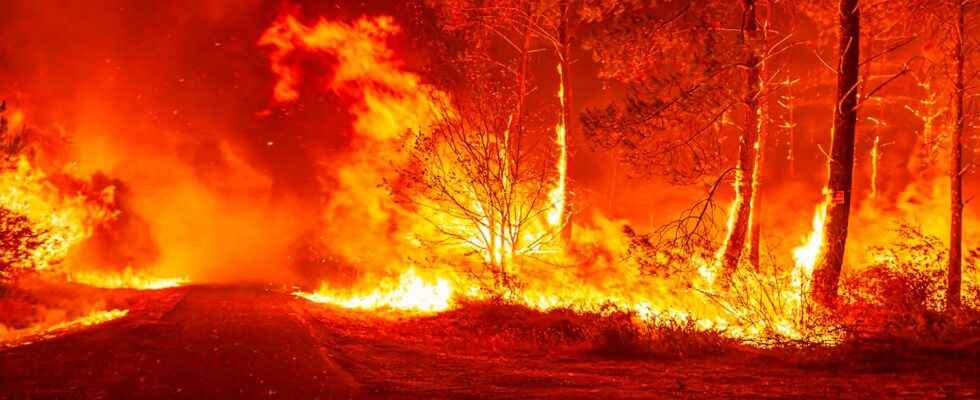Published: Just now
In drought-stricken France, the golf courses – which have been exempted from the irrigation ban – shine green in contrast to people’s yellowing gardens.
It angers climate activists who have responded by filling the golf course holes with cement.
A local group from the activist network Extinction Rebellion, which has taken on the action targeting golf courses near Toulouse, calls golf “an entertainment industry for the most privileged”, in a statement.
The fact that golf courses are exempted from the irrigation ban while there is a shortage of drinking water in a hundred French cities, while homeowners are forbidden to water their gardens and wash their cars, stirs emotions.
“Protecting the rich”
Golf advocates, however, believe that the courses’ greens would not survive more than three days without water.
– A golf course without a green is like an ice rink without ice, says Gérard Rougier from the French Golf Federation, BBC reports.
The watering ban is prescribed nationally, but is up to local authorities to issue. So far, only one area – Ille-et-Vilaine in western France – has deviated from the norm of exempting golf courses from the ban.
– We continue to protect the rich and powerful, Grenoble’s mayor Eric Piolle, in EELV, De Gröna, comments on the matter.
Scarcity and fires
However, the golf courses do not enjoy completely free rein when it comes to water. They may only be watered at night with 30 percent of the amount of water that is usually used.
The drought is causing major problems in France. Forest fires have flared up in several parts of the country, the water shortage threatens the autumn harvests and, in addition, the energy company EDF has been forced to reduce activity at several nuclear power plants because the temperatures in adjacent rivers have become too high.
